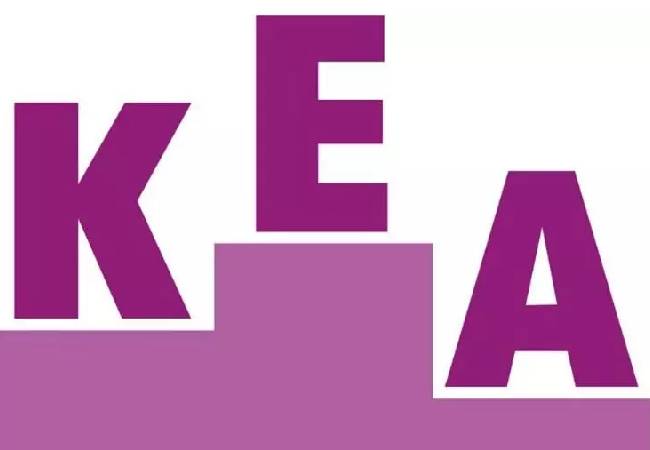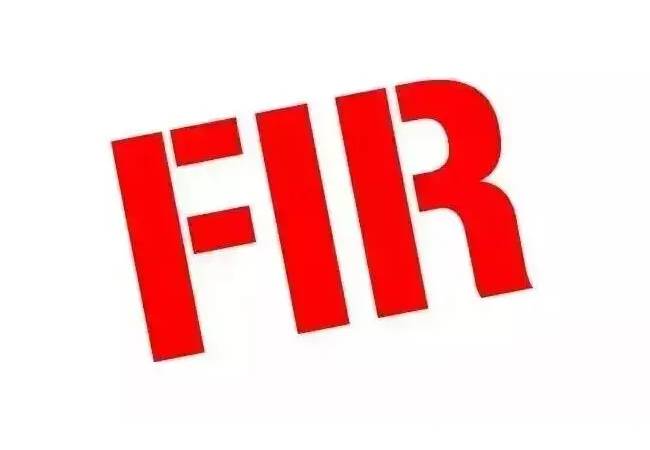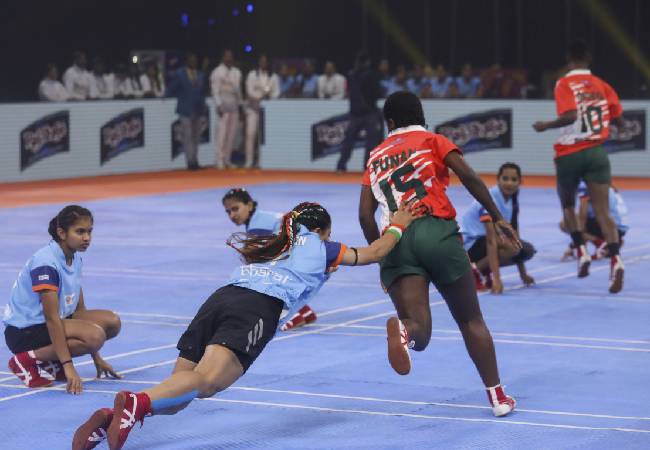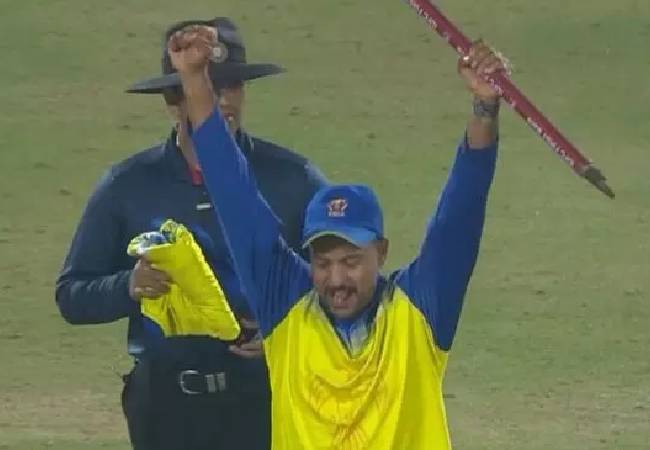New Delhi, Aug 23 : In a reflection of the power equation in the society, men outnumber women by a large margin in the fifth edition of LinkedIn's Power Profiles list for India released on Thursday.
In the list divided in eight categories, women have the upper hand only in two categories -- "Human Resources" and the newly introduced "Social Impact" - areas where women are traditionally thought to be good at.
In the rest of six categories -- Technology, CEOs, Finance, LinkedIn Influencers, Internet, and Marketing & Advertising -- representation of women pale in comparison to men.
Out of the 73 professionals in the list, which is a showcase of the "most-viewed" professionals in India, 28 are women (38 per cent).
In the previous year's LinkedIn Power Profiles list, women's representation was 16 per cent.
According to a Deloitte report last year, women hold just 12.4 per cent of board seats in India.
Prime Minister Narendra Modi, actor Priyanka Chopra, Paytm Founder Vijay Shekar Sharma, Microsoft India President Anant Maheshwari and Xiaomi India Managing Director and Global Vice President Manu Kumar Jain are among those who are featured in this year's LinkedIn Power Profiles list.
This year, the "CEO", "Internet", and "Technology" categories feature new names such as Flipkart CEO and Co-Founder Binny Bansal, H&M India Country Manager Janne Einola, Myntra and Jabong CEO Ananth Narayanan and Nearbuy.com Co-Founder and CEO Ankur Warikoo.
Women leaders Debjani Ghosh, President at NASSCOM; Nisaba Godrej, Chairperson, Godrej Consumer Products; and Suchita Salwan, CEO and Founder, Little Black Book are also some of the new entrants to this year's edition.
"LinkedIn Power Profiles 2018 is a celebration of the most viewed professionals in India, those who are great examples of strong professional brands that inspire our 50+ million members across the country," Srividya Gopani, Director, Brand and Consumer Marketing, Asia-Pacific and China, said in a statement.
"These Power Profiles have not only had exciting journeys, but they participate in meaningful dialogue, offer perspectives, and continue to engage all our members, including young career starters," Gopani added.
The "Marketing and Advertising" list features veterans from some of the most talked about trendsetting brands of the year including Apple (Parul Mattoo, Apple India Head), Nykaa.com (CMO Hitesh Malhotra) and Jio (Satyarth Priyedarshi, Head of Product Marketing for JioChat).
Reliance Jio's Vice President of HR, Harjeet Khanduja has also been a LinkedIn Power Profile in the ‘HR' category in 2016, and now once again in 2018.
Let the Truth be known. If you read VB and like VB, please be a VB Supporter and Help us deliver the Truth to one and all.
Bengaluru: The Karnataka Examinations Authority has released the syllabus for the Common Entrance Test (CET) to be conducted in 2025 for admission to professional courses including engineering, on its website https://cetonline.karnataka.gov.in/kea/.
Executive Director of KEA, H. Prasanna on Saturday issued a notification, advising students to use the syllabus for Physics, Chemistry, Mathematics, and Biology from both First and Second PUC as outlined on the portal.
"This syllabus has been prepared based on the NCRTC syllabus and the textbooks published by the School Education, PUE Department," the announcement read. Furthermore, H. Prasanna explained that it has also been reviewed by subject experts from PU colleges.





